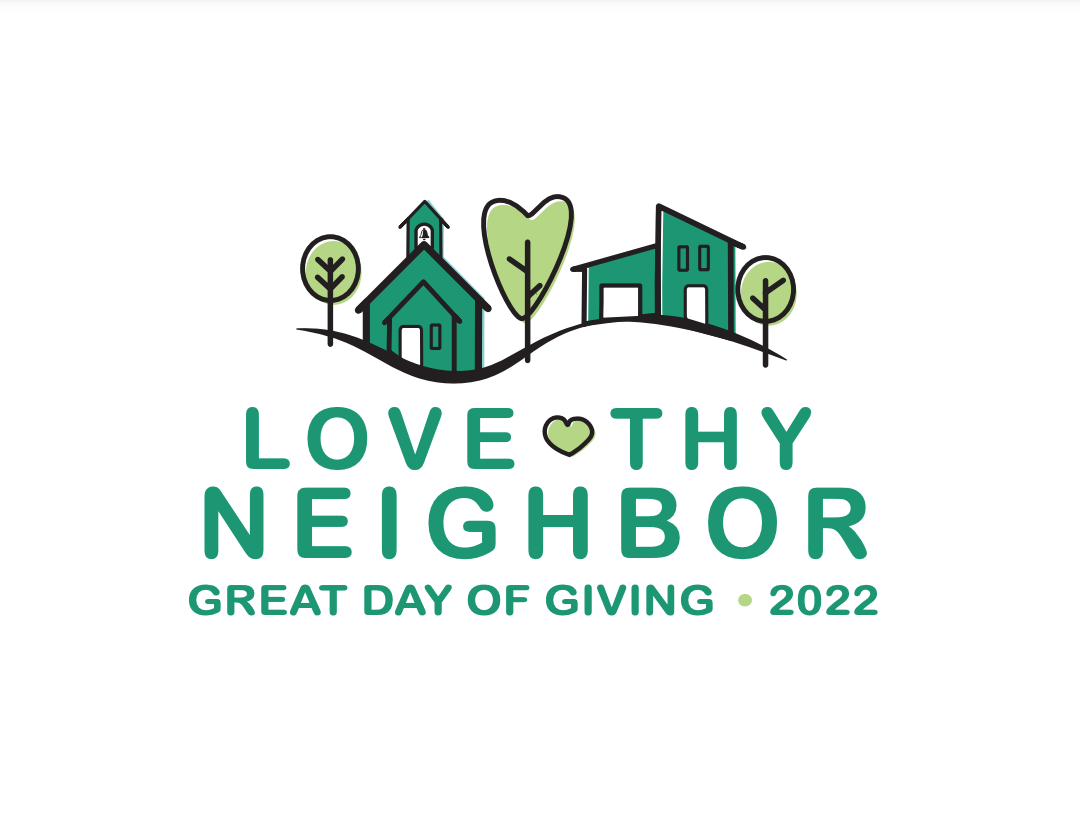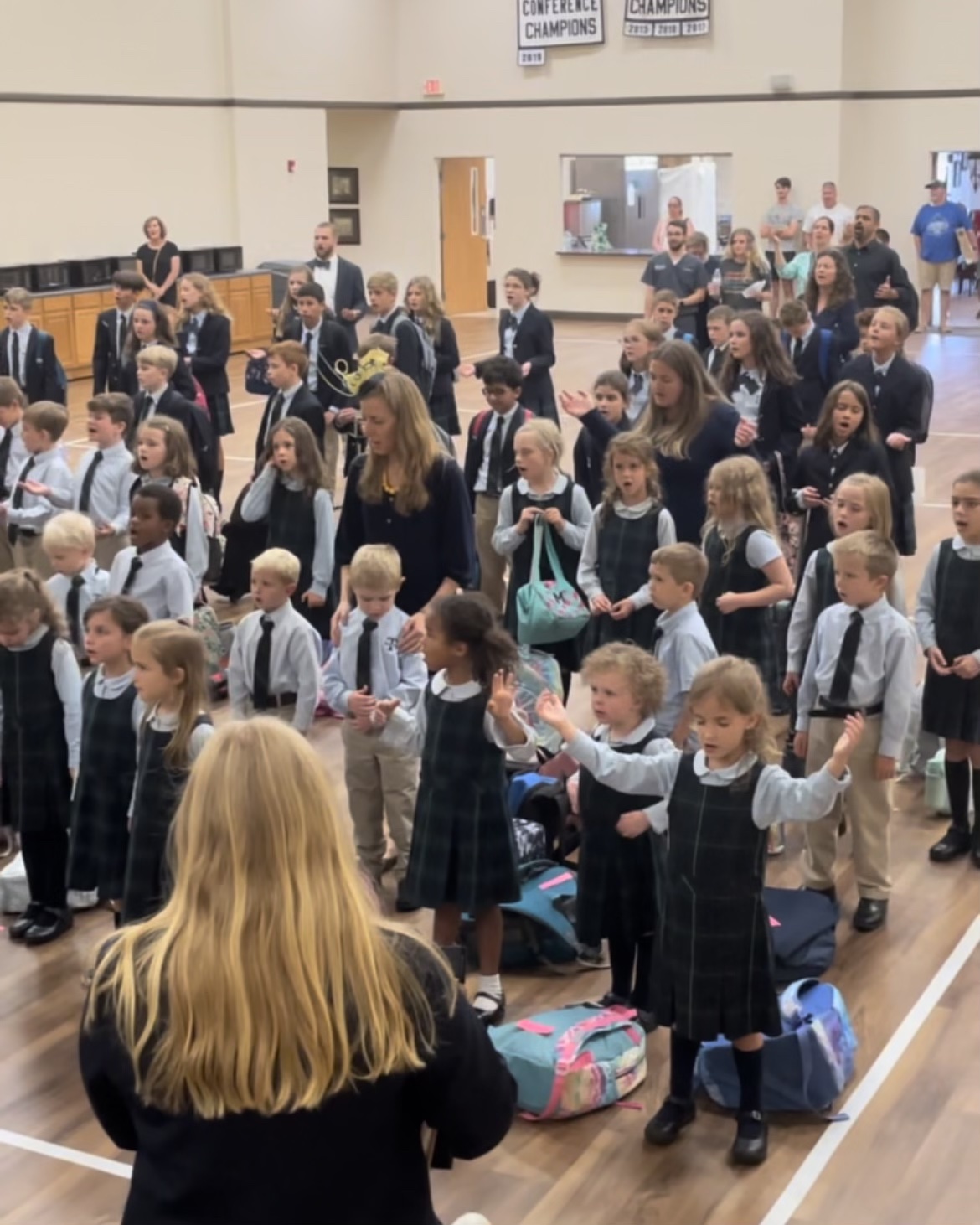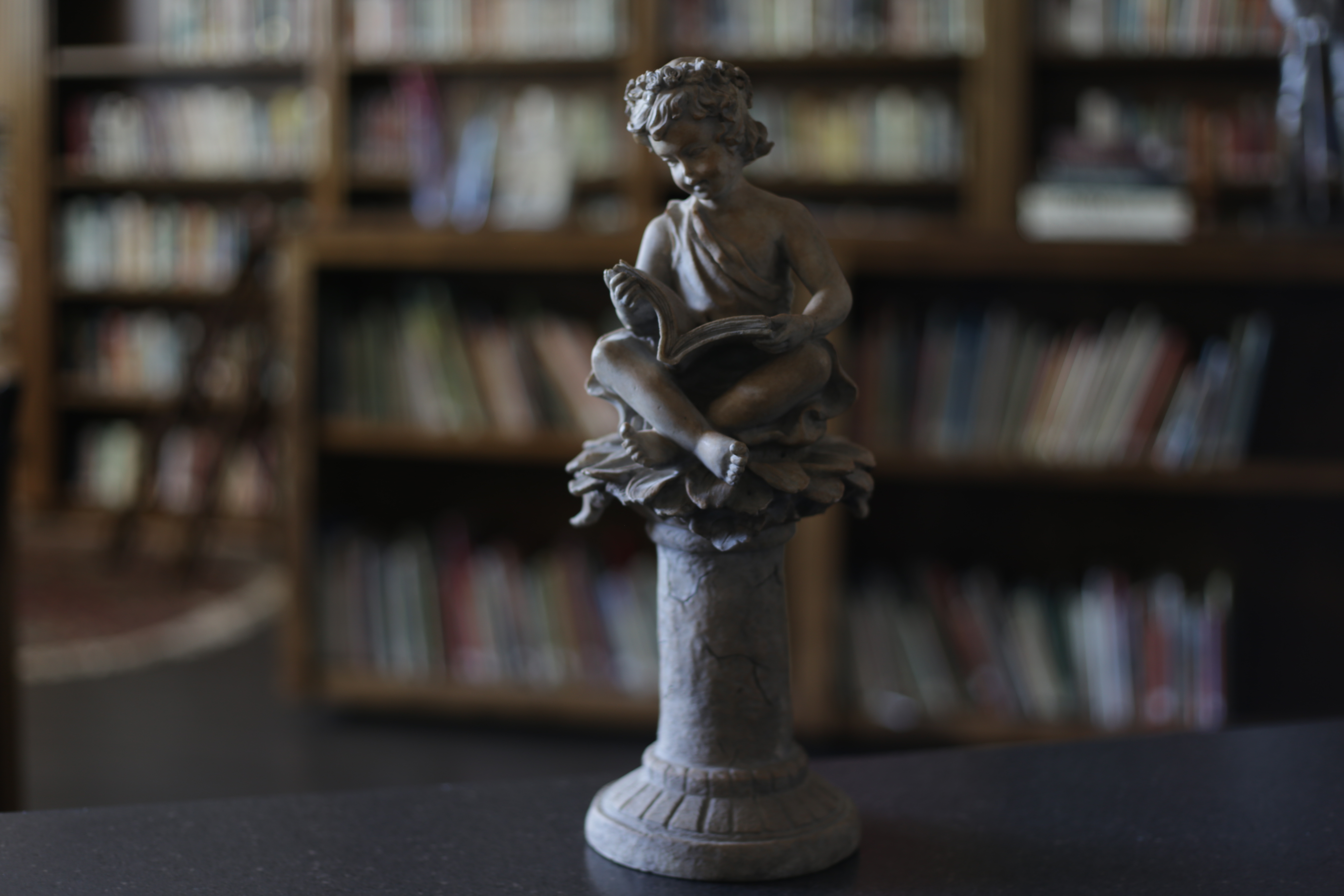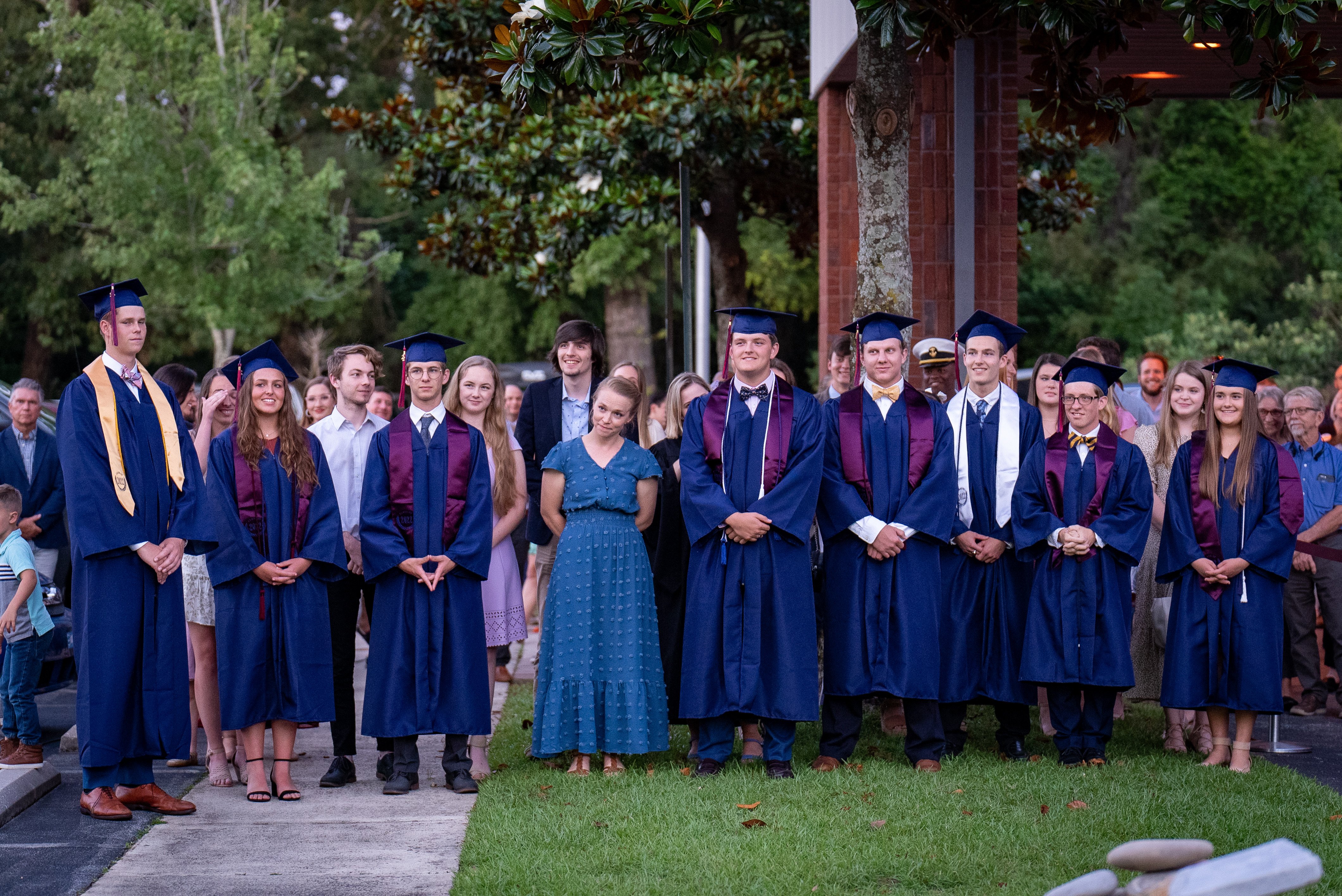Later this week, Trinitas will mark Grandparents Day with a program of Christmas-themed choral pieces and recitations. Although we've addressed the prominent role music plays at Trinitas in other blog posts, recitation of a short skit or some piece of excellent prose or poetry is also a long-standing tradition at Trinitas. Why do we do it? Why do we ask our students to recite in public? Recitation is a valuable and important aspect of classical education. It helps students develop excellent rhetorical skills, it gives them almost immediate feedback on their hard work, and it challenges their fear of speaking in public.
Why Recitation Should be Part of Every Child’s Education
Topics: Blog Posts, School Life, Classical Education, Public Speaking
God is a good and forgiving God. His mercies are renewed to his people afresh every morning, and oh, how we rejoice! God’s people living in community with each other are called to imitate God, to love him and to love each other. Because we are fallen and imperfect people, not only do we sin against each other, but we also have trouble forgiving those who sin against us.
Topics: Blog Posts, School Life, Christian Living
The Trinitas community is headed into the home stretch leading into the 4th Annual LoveThyNeighbor: Great Day of Giving event on Friday of this week!
Again this year, just over 300 Trinitas students, parents, grandparents, and alumni will be taking a break from regular routines and partnering with a dozen or so local non-profit community partners in Escambia and Santa Rosa counties. The whole focus of the day is on loving our neighbors well. From kindergarteners, who will spend the day packing duffle bags with hygiene supplies for foster kids, to upper school students assisting with feeding the hungry in our community there will be plenty of love in action!
How about a quick look back at LoveThyNeighbor from 2019, 2020, and 2021?
Topics: Blog Posts, School Life, Community Service, Christian Living
On a morning not too many years ago, while standing out front opening doors and greeting the grammar children getting out of their cars, I opened the door for a boy who was navigating his book bag and lunchbox through the door of the car while at the same time trying to get a large and elaborately-colored poster through as well while attempting not to damage it. In taking the poster from him so he could get out of his mom’s car safely, I was able to see how much detail and care had been taken to make this poster dynamic.
In the process of transferring possession of his project back to him, I told him, “Nice poster, you put a lot of work into that.” To which he quickly, and honestly replied: “Thank my mom, she did most of it.” I felt a bit perplexed, but not surprised, as I watched him hustle the rest of the way into the front doors of the grammar building to turn in “his” poster to his teacher.
Topics: Blog Posts, School Life, Parenting, Parent Involvement, Social Issues, Homework, Virtue
It’s a long-standing Trinitas tradition to close out each day with the entire school singing the Doxology together. To lift our voices together and sing “Praise God from Whom all blessings flow. Praise Him all creatures here below. Praise Him above ye heavenly hosts. Praise Father, Son, and Holy Ghost. Amen.” is the best way I know how to depart one another’s company. It is like we take all of the energy expended, the knowledge and wisdom pursued, the time invested in training affections, and the virtue cultivated and affix the postage of worshipful prayer to it before sending it heavenward for the day. It is a glorious experience. Even if the little ones sing a tad too loudly to be on key and I struggle to start on the same pitch two days in a row, it is a glorious experience.
Topics: Blog Posts, School Life, Parenting
Something new and exciting debuted at Trinitas this fall. All logic and rhetoric school (grades 7th-12th) students and faculty members gather together during first hour on Fridays to learn, discuss, and pursue wisdom together across a broad range of topics. Even parents are welcome to participate in what we are calling Schola Seminar.
In his book Norms and Nobility, David Hicks advocates for a return to a dialectical approach to education. Especially effective in the context of teachers and students learning together, dialectical education requires learners to commit to certain positions in order to test those commitments against experience, established wisdom, and ultimately, the truths of Scripture. Often utilizing primary sources and Socratic questioning, this approach to learning fosters moral and intellectual growth in participants.
Topics: Blog Posts, School Life, Classical Education, True Education, Parent Involvement
Have you ever tried to quote someone, but ended up having to spend more time explaining how you’re probably getting it wrong from the outset? Has a conversation ever provoked a memory for you of something you once heard, and you’re certain it is relevant to the moment, but for the life of you, the words will simply not come when called? Such gaps in memory are a normal part of the everyday experience for most of us. And in the heat of the moment, we’re often tempted to turn to the nearest search engine, sometimes a bit chastened by having to rely on such an outside source. And it is this last part that might make you wonder, “what did people do before Google?”
Topics: Blog Posts, School Life, Studying, Classical Education, Reading, Truth, Goodness, and Beauty
Graduation is such a special time in the life of young adults. In the present age, it has become arguably the most important rite of passage into adulthood. Eighteen-year-olds across the nation stand on a threshold: thirteen or more years of compulsory schooling is behind them, and the whole world lies ahead. Education, career, marriage, everything is ahead of them, and finally, they get to make their own decisions about where to go and what to do.
Topics: Blog Posts, School Life, Alumni, Christian Living

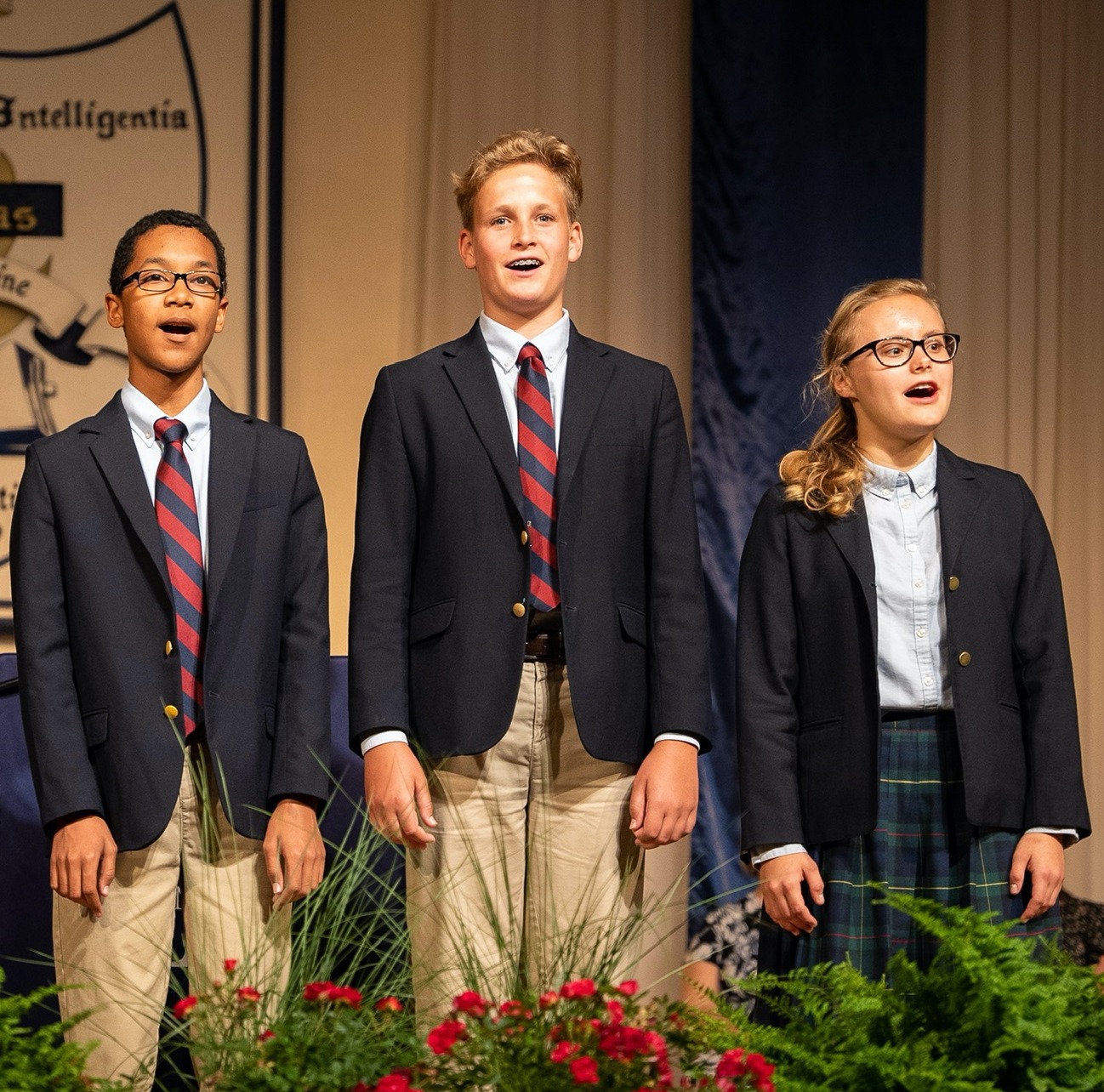
-1.png)
